The interaction between financial systems and the enhancement of emerging production capacities is not merely a goal but a necessity in our rapidly evolving economy. A pressing focus has emerged around what is often termed "patient capital," an essential player in the innovation landscape, particularly within hard technology sectors. It has become clear that sustainable growth requires a confluence of government initiatives, market dynamics, and institutional investments. This article delves into how the cultivation of patient capital can drive innovation and ensure the long-term viability of hard technology enterprises.
At the heart of fostering this financial ecosystem is the establishment of a conducive policy environment, one that prioritizes the growth of seed-stage technology companies. These enterprises, often in the throes of high uncertainty and risk, find it challenging to secure funding due to the inherent hesitance from capital providers. To address this, strategic actions must be taken at the national level, including the introduction of targeted subsidy policies designed to stimulate early-stage investments. Cities renowned for their technological prowess, like Beijing, Shanghai, or Shenzhen, could serve as fertile testing grounds for such policies, which, if successful, could then be expanded nationally.
A potential pathway is the creation of specialized funds aimed specifically at providing financial support to nascent tech firms. By ensuring these startups have access to necessary capital, innovation can flourish. Meanwhile, the development of technology insurance mechanisms plays a crucial role in alleviating the intense pressures these companies face. Since seed-stage enterprises typically harbor the highest probabilities of failure, insurance can serve as a safeguard, providing financial cushioning through payouts when ventures do not succeed. This notion of shared risk through insurance can transform the landscape for both investors and entrepreneurs, fostering an environment where innovation is pursued with vigor.
The consolidation of patient capital also hinges on an active engagement of various stakeholders in the investment ecosystem. An essential strategy revolves around cultivating an atmosphere conducive to long-term investment in hard tech enterprises. This involves encouraging governmental entities to take the lead with fund allocations that spur institutional investors to follow suit, thus amplifying the potential for patient capital to manifest. By leveraging state-owned funds in alignment with local industrial initiatives, governments can attract diverse social financing into the hard tech sector. This synchronized approach can lay the groundwork for increased investment directed at early-stage companies, nurturing the growth of patient capital.
Moreover, a critical aspect of nurturing this financial ecosystem involves actively guiding different forms of innovation support towards small and medium-sized hard tech enterprises. This includes fostering collaborations with private equity and venture capital firms, assisting established companies in navigating the landscape of investment capital while mitigating the risks associated with limited funding. By cultivating a robust financing environment, it becomes imperative to attract further risk capital into the realm of hard technology, positioning it favorably for future advancements.
The variety of investment actors plays a pivotal role in promoting patient capital. It is vital to enrich the capital formation process by inviting in private capital, long-term social security funds, and diverse insurance products. Social capital, including angel funds and community investments, should be encouraged to engage early during a company's inception, thus accelerating the incubation process for budding enterprises. The establishment of a multi-tier patient capital system, supported by public pension funds and a range of commercial insurance stakeholders, can further enhance this ecosystem, allowing for a breadth of investment channels.
In particular, pension funds and insurance investments are invaluable sources of patient capital due to their inherent long-term orientation and stability, aligning well with the objectives of patient capital characterized by extended timelines and gradual returns. By increasing the proportion of patient capital derived from insurance premiums and managed pension funds, new investment avenues for the aging industry can be unveiled, further fortifying the patient capital sector.
Additionally, as governments increase their foothold in the establishment of patient capital, learning from successful international examples can provide valuable insights. For instance, programs such as the U.S. Small Business Innovation Research (SBIR) initiative showcase how a portion of R&D expenditures can be earmarked to form a financial pool aimed at supporting small businesses engaged in scientific research. This not only promotes the innovation potential but also enhances the participating firms' capabilities in taking on ambitious projects. A comprehensive risk-sharing mechanism—perhaps underpinned by national credit guarantees—could also serve to stimulate enthusiasm among social investors, promoting both innovation and the practical transformation of technological achievements.
In conclusion, the successful promotion of patient capital for hard technology innovation necessitates a multifaceted approach involving policy frameworks, active stakeholder engagement, and the establishment of supportive financial instruments. By instilling a culture of long-term investment, incentivizing risk-sharing, and supporting ecosystem diversification, we can pave the way for the emergence of robust technological advancements that drive economic growth. Through these collective efforts, the challenges associated with funding nascent industries can be met with innovative solutions, fostering a resilient environment for future innovators and thereby enabling the success of emerging production capacities.
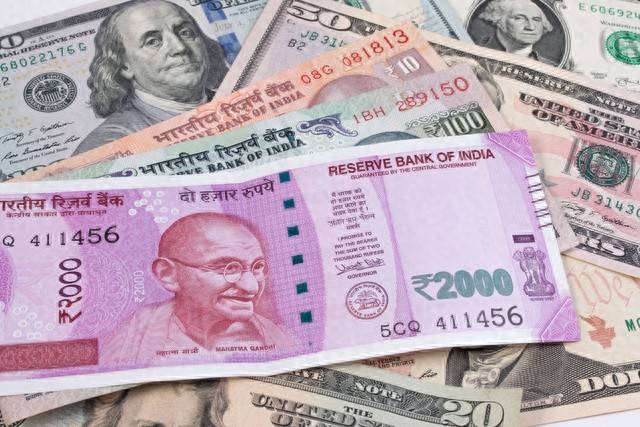

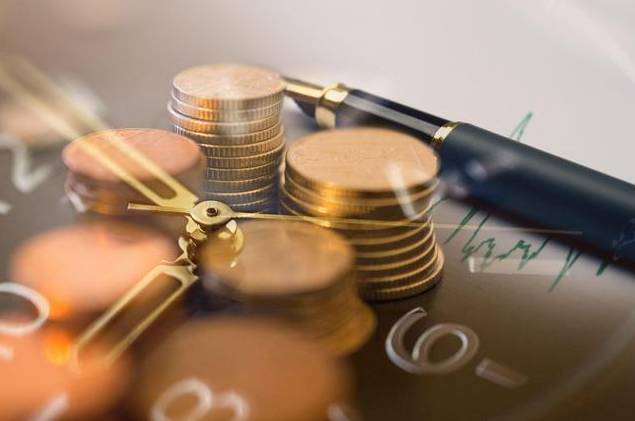
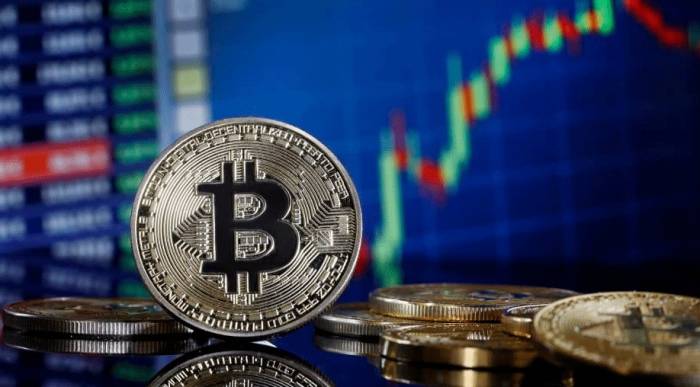


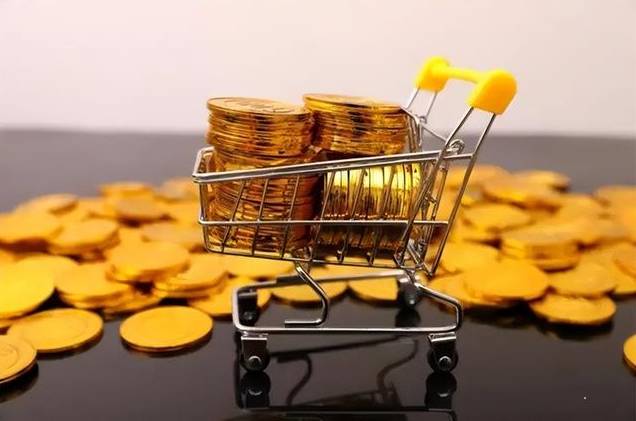

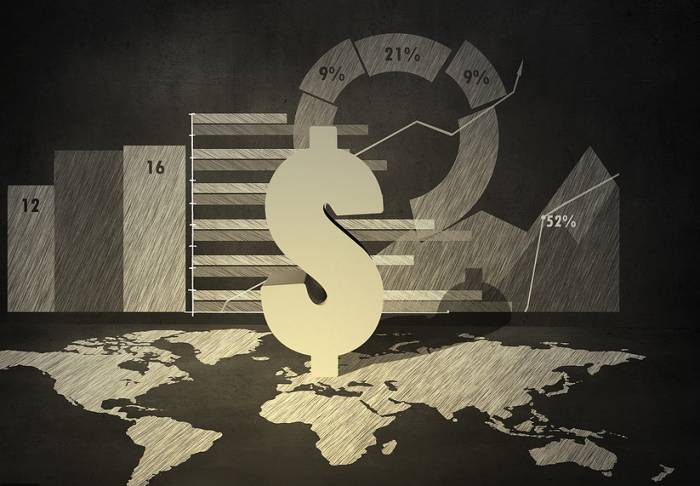
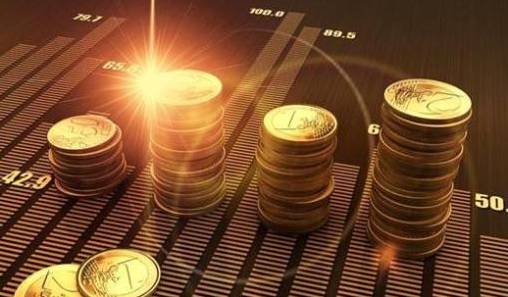


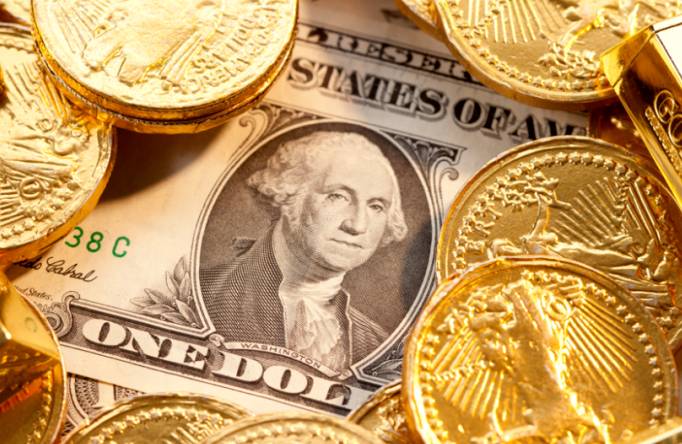

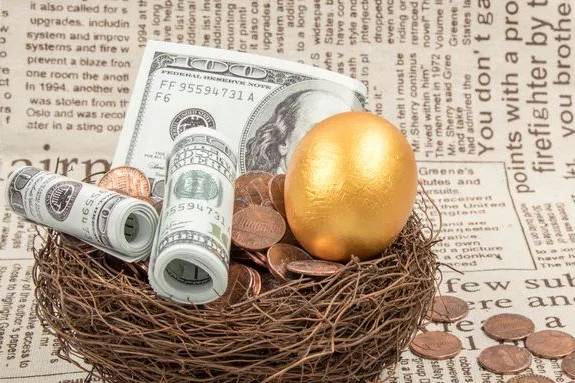



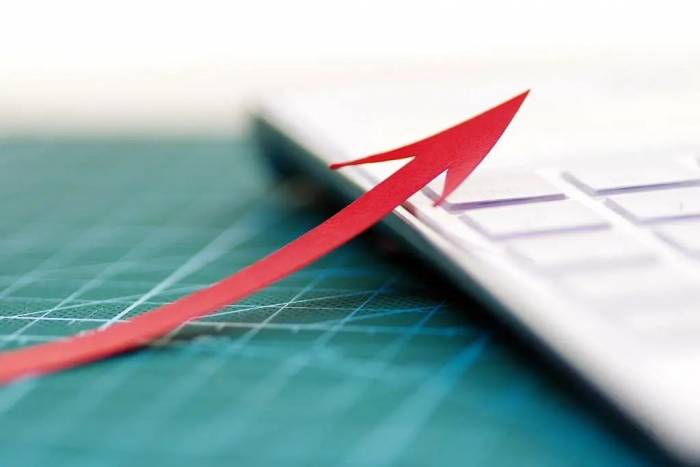
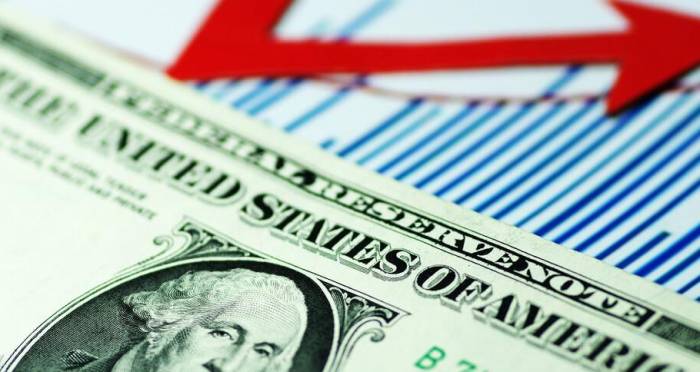
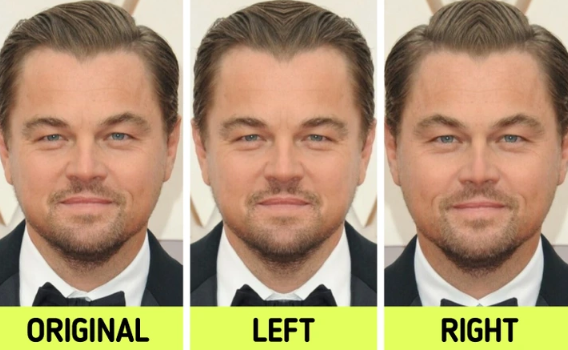
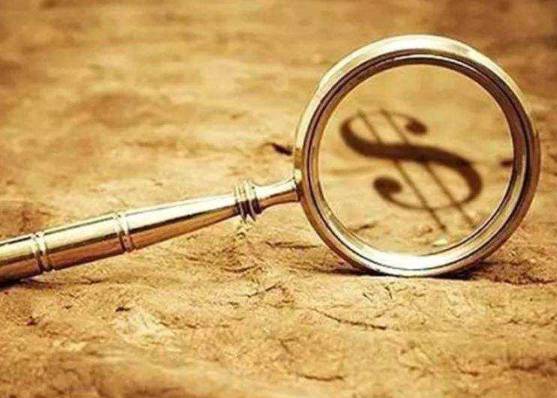
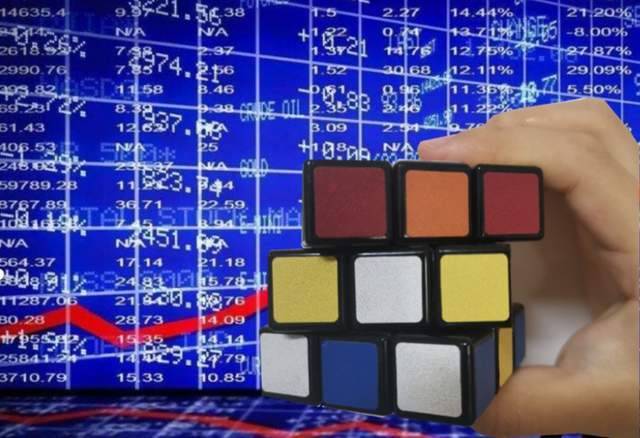
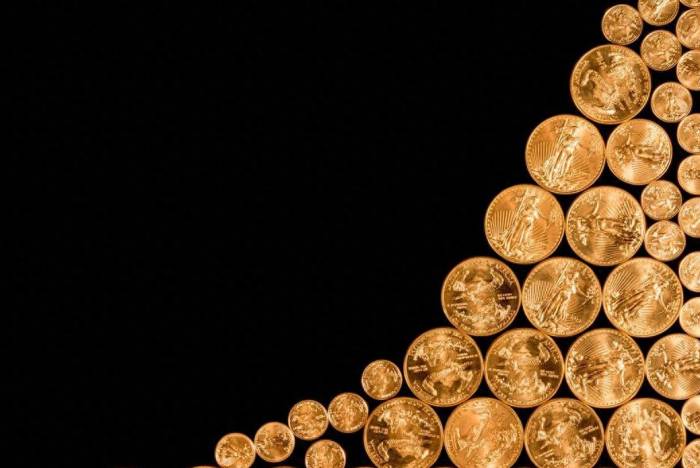


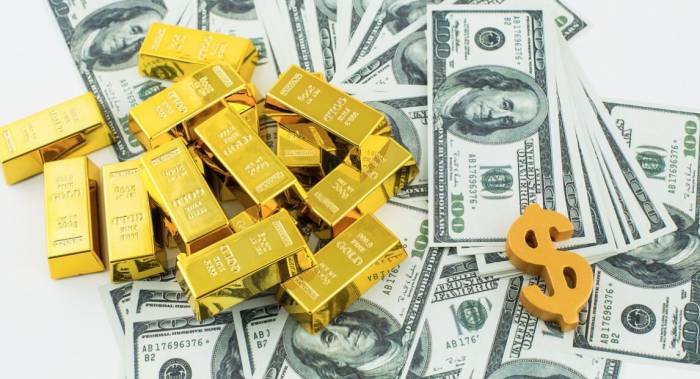
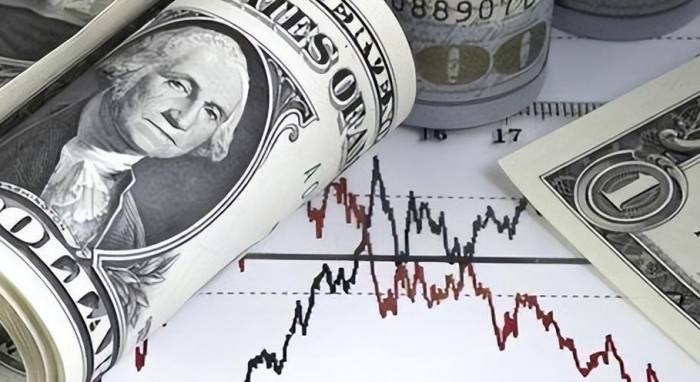


Leave a Comment